
Election Commission of India 2010
A commemorative postage stamp on the Diamond Jubilee of the Election Commission of India (ECI), an autonomous constitutional authority to administer election processes in India :

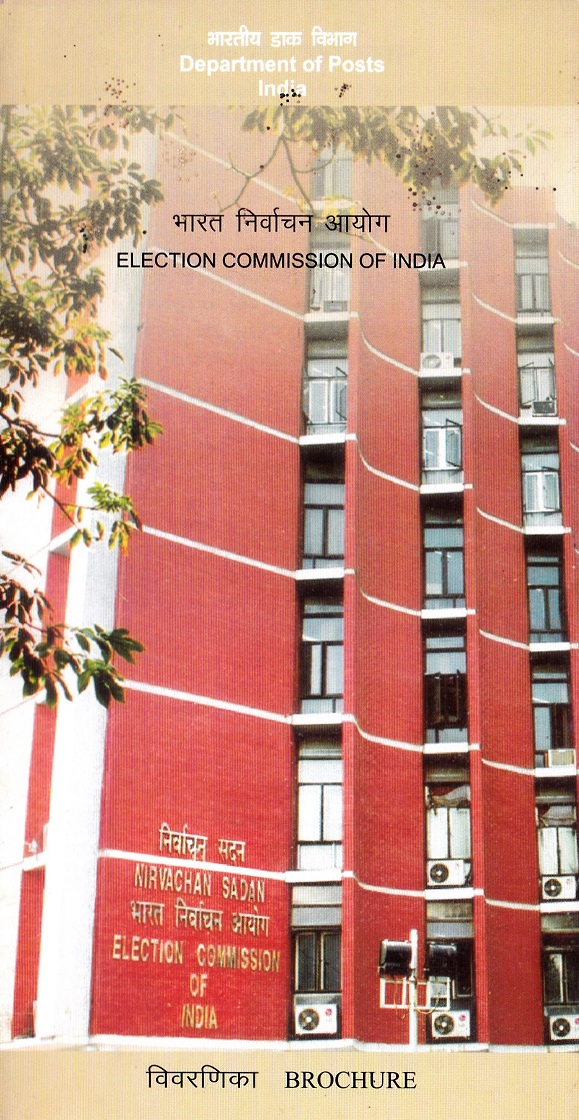 Issued by India
Issued by India
Issued on Jan 25, 2010
Issued for : India Post is happy to issue a commemorative postage stamp on Election Commission of India.
Credits :
Stamp Design & FDC : Sankha Samanta
Cancellation : Alka Sharma
Type : Stamp, Mint condition
Colour : Multi colour
Denomination : 500 Paise
Stamps Printed : 0.5 Million
Printing Process : Wet–offset
Printer : India Security Press, Nasik
About :
- The Constituent Assembly of India, as a historic measure, adopted the principle of universal adult suffrage reposing faith in the wisdom of the common Indian to elect his representative to power. For this, it created the Election Commission of India, under Article 324 of the Constitution, vesting in it the superintendence, direction and control of elections to Parliament and State Legislatures.
- It is significant that Article 324 that created the Commission was one of those exceptional provisions, which were given effect on 26 November, 1949, while the rest of the Constitution came into force on 26th January, 1950.The office of the Election Commission was set up a day before i.e., on 25th January, 1950. The first Chief Election Commissioner Shri Sukumar Sen assumed charge on 21st March 1950.
- The primary charge of the Election Commission of India is to conduct elections to the offices of President of India, Vice-President, the Upper House (Rajya Sabha) and the Lower House (Lok Sabha) of Parliament and to both Upper and Lower Houses of the State Legislatures.
- From 1st October 1993, the Election Commission of India became a multi-member body consisting of the Chief Election Commissioner and two Election Commissioners. At present, Shri Navin B. Chawla is the Chief Election Commissioner and Dr. S.Y. Quraishi & Shri V.S. Sampath are the Election Commissioners. The Constitution insulates the Election Commission from executive influence through specific safeguards.
- The Commission has a very small secretariat in New Delhi, but operates in the States/Union Territories through the offices of Chief Electoral Officers provided by the respective governments, but who work under complete and direct control of the Commission. The President of India or the Governor of a State is under constitutional obligation to make available to the Election Commission the staff necessary for the discharge of its duties.
- All political parties are required to get themselves registered with the Election Commission. Upon meeting of the stipulated conditions, the Commission allows recognition to them as national or state parties. It also decides disputes relating to splits/mergers of political parties. The Election Commission renders advice to the President and the Governors in the matter of disqualification of sitting members of Parliament and of State Legislatures, on all grounds except defection. It also advises the President whether a person found by Courts to be guilty of corrupt practices, should be disqualified for contesting future elections in respect of both Parliament & State Legislatures and, if so, for what period.
- During the last 60 years, The Election Commission of India has conducted 15 General Elections to the Lok Sabha and 326 general elections to State Legislative Assemblies, thus facilitating peaceful, orderly and democratic transfer of power that has earned wide appreciation. Across the country through varied & often inaccessible terrain, the Election Commission endeavours to reach out with the firm conviction that the vote of every eligible Indian counts. In its delivery of free, fair and transparent polls, the Commission considers it sacred to stay uncompromising and to fiercely guard its credibility.
- The elections conducted by the ECI may well be construed as the largest and perhaps most complex exercise in the world in terms of population, size, geographical dimension and the diversity of climate, language and cultural matrix. In the recent Lok Sabha elections, the Commission catered to an electorate of 714 millions, larger than many of the continents.
- The Commission’s journey has also witnessed change in both quality and quantity of its operations. In 1962, the voting process moved from the balloting system to marking system and then to the present system based on Electronic Voting Machines. Multi-member constituencies have given way to single member constituencies. Printed electoral rolls have now been substituted by computerized photo-electoral rolls. The Elector’s Photo Identity Card (EPIC) had been issued by the ECI to over 582 million voters for General Election 2009. The Commission is presently seriously engaged in increasing voters’ participation, especially of youth and social-economically deprived sections of the society, through education and civil society partnerships. It is working on new communication strategies for making public participation in the democratic electoral process sustainable and wholesome.
- At its Diamond Jubilee anniversary, the Election Commission of India rededicates itself with humility, resolution and vigilance to the path of relentless striving in order not to fail the vision of those who built modern India, the vision to give power to the people through equal exercise of each one’s free will.
- Text : Based on the material provided by the proponent.


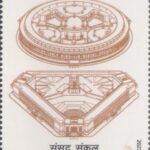

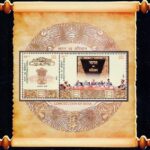
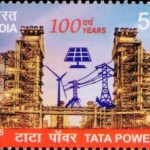
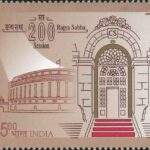
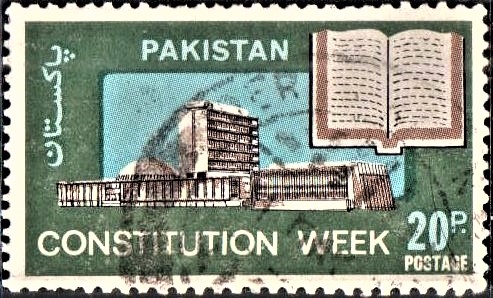
[…] He left Congress in 1977 in opposition to emergency and formed a new party “Congress For Democracy” (CFD) alongwith Sri Jagjeevan Ram and contested Lok Sabha elections in alliance with other political parties. CFD merged in Janata Party after Government formation in 1977. He left Janata Party and rejoined Congress in 1979. He was appointed as Secretary General of AICC (a new post created for him outside the Constitution of Congress Party). In 1980 he left Congress on the issue of distribution of Party tickets in U.P. Vidhan Sabha elections and also resigned from his Lok Sabha seat and contested as an independent candidate from Pauri Garhwal. The election continued for nearly 2 years as it was cancelled or countermanded by the Election Commission. […]